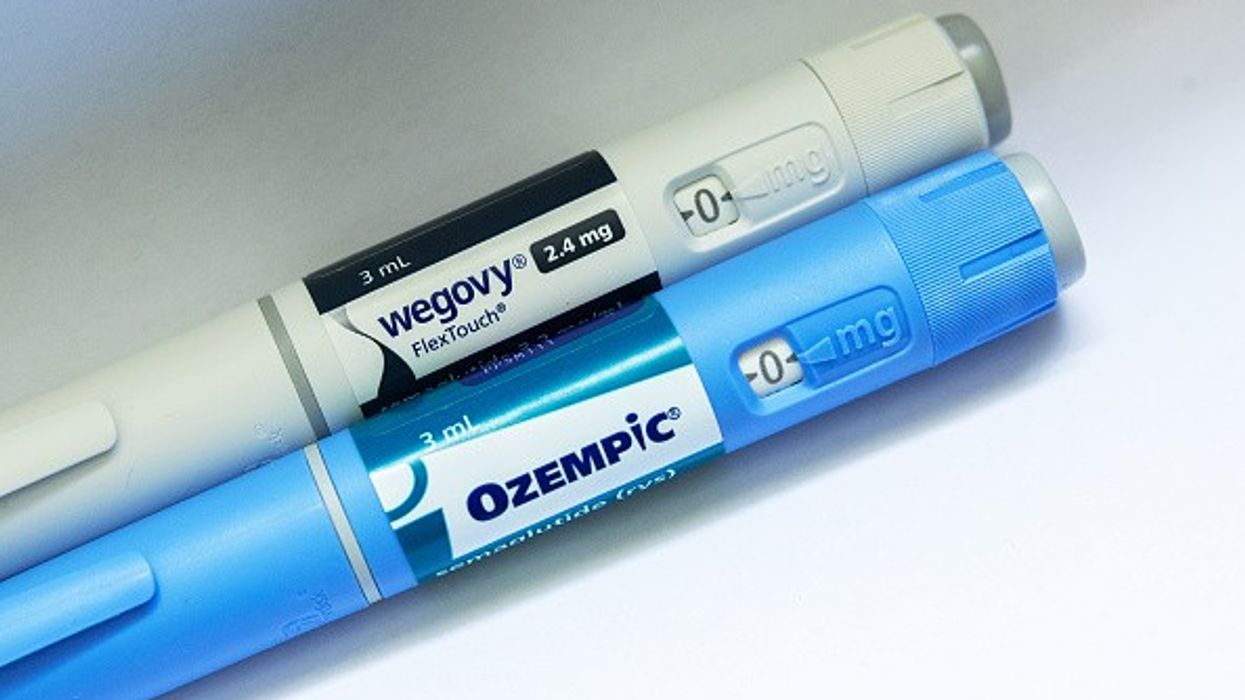Two recent observational studies have suggested an elevated risk of developing a rare eye condition in patients treated with semaglutide
The European Medicines Agency’s (EMA) Pharmacovigilance Risk Assessment Committee (PRAC) has initiated a review of semaglutide-containing medicines after concerns were raised regarding a potential increased risk of non-arteritic anterior ischemic optic neuropathy (NAION), a rare eye condition.
Semaglutide, a glucagon-like peptide 1 receptor agonist (GLP-1 RA), is used in the treatment of diabetes and obesity, with medicines like Ozempic, Rybelsus, and Wegovy containing the active substance.
A report from the PRAC highlighted two recent observational studies that suggest patients treated with semaglutide may face a higher risk of developing NAION.
This condition, caused by reduced blood flow to the optic nerve, can result in vision loss in the affected eye.
However, two other recent observational studies did not show an increased risk, according to the report.
EMA’s safety committee said it will now review “all available data on NAION with semaglutide including data from clinical trials, post-marketing surveillance, studies on the mechanism of action and the medical literature (including the results of the observational studies).”
PRAC also noted that patients with type 2 diabetes might already have an inherently higher risk of developing NAION.
A report published in JAMA Ophthalmology in July 2024 indicated an association between semaglutide and NAION.
The researchers analysed data over a six-year period from nearly 17,000 neuro-ophthalmology patients at Massachusetts Eye and Ear Hospital in Boston, Massachusetts, all of whom had no prior history of NAION.
They found that the incidence of NAION occurring for the first time over a 36-month period was 8.9 per cent among patients with type 2 diabetes mellitus (T2DM) who were prescribed semaglutide, compared to 1.8 per cent patients with T2DM who were prescribed other antidiabetic medications.
There were also reports suggesting a potential risk of suicidal thoughts and self-harm associated with GLP-1 receptor agonists.
However, reviews from both the EMA and the Medicines and Healthcare products Regulatory Agency (MHRA) have found no causal association between the drug and psychiatric reactions.













